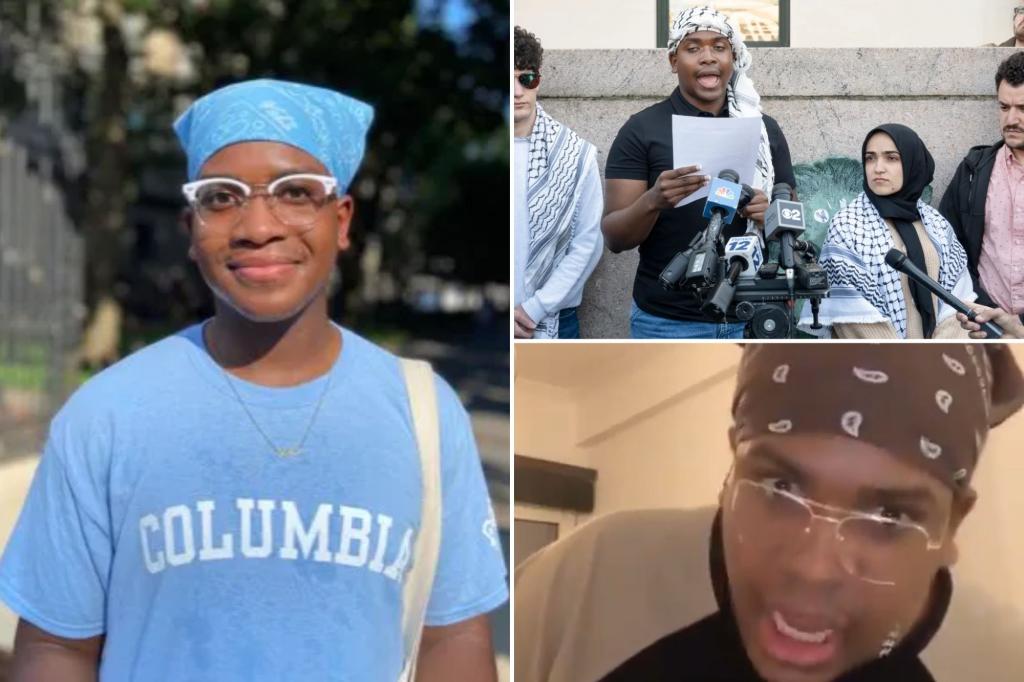The content discusses the case of Khymani James, a Columbia University student who was suspended for making hateful remarks against Zionists. James stood by his comments, refusing to apologize and stating that he meant what he said. He livestreamed a disciplinary hearing with the university in which he reiterated his statement that “Zionists don’t deserve to live comfortably, let alone live.” His comments reemerged in April as anti-Israel protests on campus intensified.
The student group Columbia University Apartheid Divest initially issued an apology for James’ remarks but later retracted it in an Instagram post, stating that the apology did not reflect their values or political beliefs. The group acknowledged that their actions had caused harm to James and exposed him to further hatred. James thanked the group for setting the record straight, indicating that he appreciated their gesture.
Jewish students at Columbia University expressed outrage over the group’s reversal and its support for James’ incendiary remarks. They felt targeted and discriminated against, with one student expressing concern over the tolerance of such behavior by the university. A spokesperson for Columbia University condemned statements calling for violence, stating that they are against the core principles of the institution.
James, who was actively involved in anti-Israel protests on campus, filed a lawsuit against Columbia University, claiming that he was denied proper protocol when he was suspended. His involvement in the protests and his support for controversial statements have sparked debate and controversy on campus, raising questions about freedom of speech and the boundaries of acceptable discourse.
The incident involving Khymani James underscores the tensions surrounding discussions of Israel and Zionism on college campuses, particularly within the context of the Israeli-Palestinian conflict. The case has drawn attention to issues of free speech, hate speech, and the rights of students to express their opinions, even when they are controversial or offensive to others.
Despite the controversy and backlash, Khymani James remains steadfast in his position, refusing to back down or apologize for his remarks. The situation has highlighted the challenges universities face in balancing the need to uphold free speech while maintaining a safe and inclusive environment for all students, regardless of their political beliefs or backgrounds. As the case continues to unfold, it raises important questions about how universities should address hate speech and discrimination on campus.


